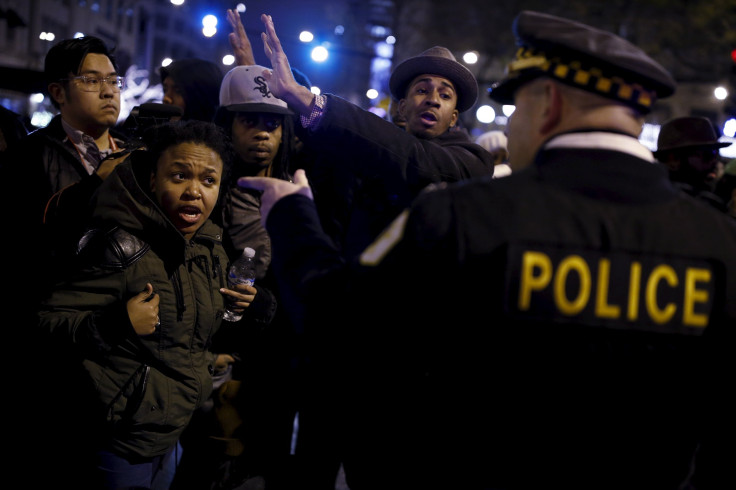Jordan Marsh, Chicago’s Top Lawyer, Resigns After Judge Accuses Him Of ‘Intentionally’ Hiding Evidence In Fatal Police Shooting

Chicago’s top lawyer resigned Monday after a federal judge accused him of concealing evidence in a civil case about a fatal police shooting during a traffic stop in 2011. U.S. District Judge Edmond Chang’s remarks against Jordan Marsh came while the former dismissed a jury’s April 2015 verdict, which justified the police shooting.
During trial, officers Raoul Mosqueda and Gildardo Sierra said they stopped Darius Pinex, a black man, because his car fit the description of a vehicle suspected of involvement in an earlier shooting. They said they shot Pinex after he did not follow orders and put his car in reverse. However, records that emerged after the trial began showed the officers were not listening to their police radio as was claimed before. The judge said that Marsh — a senior corporation counsel at Chicago Law Department — "intentionally concealed" that evidence and lied about it when he was aware of the proof, the Associated Press (AP) reported.
"Attorneys who might be tempted to bury late-surfacing information need to know that, if discovered, any verdict they win will be forfeit and their clients will pay the price," the judge wrote in the ruling, according to AP. Chang also ordered a new trial and directed Chicago to pay attorney's fees to the plaintiffs.
After the ruling, Chicago’s law department said it "does not tolerate any action that would call into question the integrity of the lawyers who serve" Chicago, NBC Chicago reported. The judge also reportedly criticized the department for its careless record-keeping, which he said resulted in the problem of the Pinex case.
Chicago Mayor Rahm Emanuel and the city's police have come under fire for failing to take action against fatal police shootings in the city. In November 2015, a court ordered the release of a dashboard camera video of the October 2014 on-duty police shooting of black teen Laquan McDonald. Protesters took to streets after the video was released, criticizing the length of time it took for officials to make the footage public and charge white police officer Jason Van Dyke — who shot McDonald 16 times — with first-degree murder.
© Copyright IBTimes 2025. All rights reserved.






















